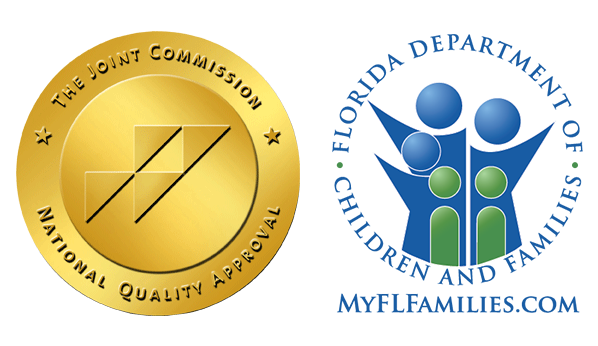Shame is a crushing feeling of inadequacy that all of us feel at some point in our lives. However, when we feel it too strongly, it can become difficult to bear and may lead us to substance misuse and addiction.
Understanding the relationship between shame and addiction can be hugely helpful in healing from mental health problems and breaking the shame-addiction cycle.
What is Shame?
Shame is a feeling of inadequacy. It is a normal emotion – the result of humans evolving over millions of years to be social group animals who care about what others think of us. The problems start to arise when we begin to feel intense feelings of shame on a regular basis.
For example, if you behave badly to someone one afternoon, you might feel a passing moment of shame at your actions. This feeling may prompt you to apologize and address whatever made you act poorly. But you might also take this mistake to mean you are a fundamentally terrible person and begin to think very harsh thoughts about yourself, such as:
- “I did this because inside, I’m rotten to the core.”
- “I will never be able to keep my temper under control.”
- “It would be better if I could just hide forever.”
In this way, disproportionate shame can make you isolate yourself and trap you in self-sabotaging behaviors as you feel you do not deserve redemption. This vicious cycle can both lead to and be reinforced by mental health struggles and addiction.
Compounding Problems
Due to stigma and guilt, people struggling with addiction often experience shame due to mental health issues. In turn, feelings of shame are a risk factor for addiction, creating a cycle that can be difficult to escape. The relationship between shame, guilt, and addiction can work as a toxic cycle, each making the other worse.
How Can Addiction Make You Feel Ashamed?
Despite being a common mental health problem affecting millions of Americans every year, people with substance abuse disorders or other forms of addiction often experience higher levels of shame which can be related to:
- Stigma caused by negative media portrayals of people with addiction
- Addiction negatively affecting the ability to work
- Addiction making it harder to support your family or friends
- Isolation caused by addiction
- Illegal behaviors related to addiction (particularly drug addiction)
How Can Shame Feed Your Addiction?
Shame is a natural emotion that plays an important role in regulating the social environment. However, when we feel too much shame, it can lead to harmful behaviors and, potentially, addiction. Shame can make you feel:
- Cut-off from friends, family, and sense of self
- Fundamentally broken; impossible to heal
- Not worthy of saving
- Deserving of the problems addiction causes
Shame is a risk factor for addiction; we may reach for substances or engage in addictive behaviors to deal with these negative feelings. In turn, shaming behaviors from your community or the media can make it hard to reach out for support.
However, this cycle has an end if you are willing to reach for it. Addiction treatment can help you identify the cause of your shame, find acceptance, and redefine your self-worth. There are many different therapies and self-help practices that can help. With the help of family, friends, and trained professionals, you can break the cycle and live a life free of addiction.











